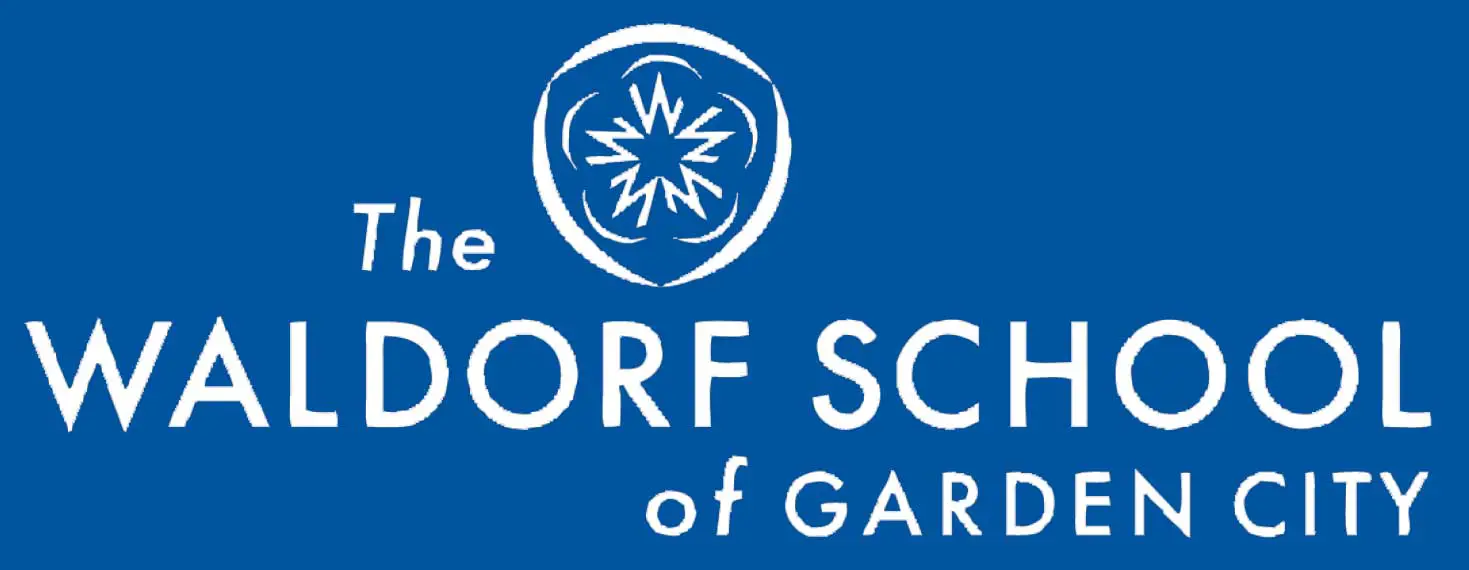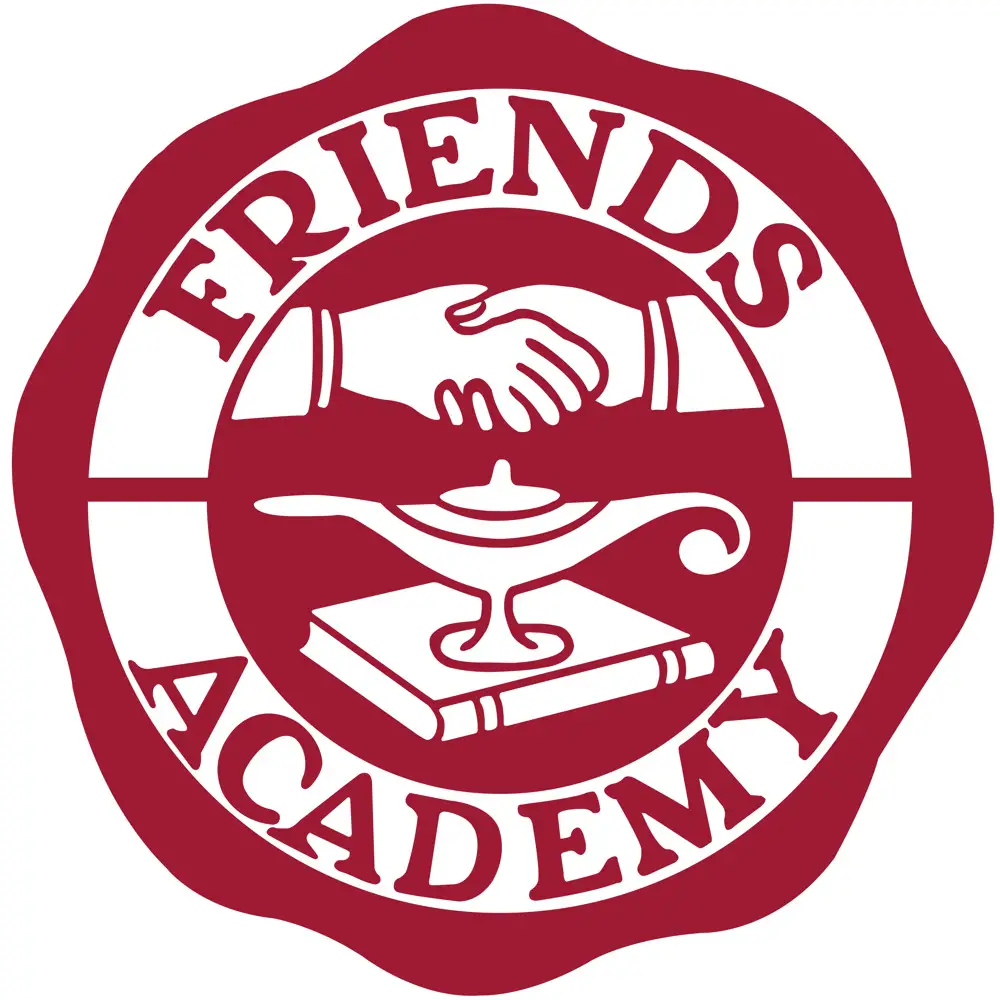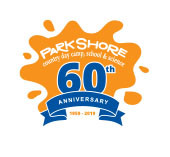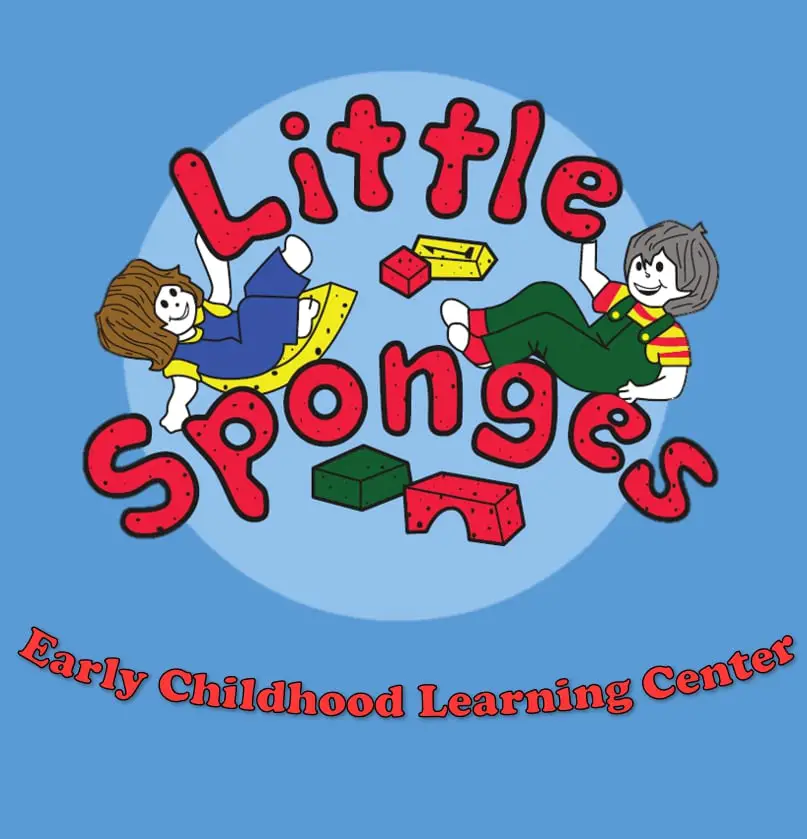As kids progress through the school curriculum, it can be daunting for parents who want to give their child a hand but don’t feel up to the challenge of mastering plate tectonics or ninth-grade French in order to do so. A new book sets forth an interesting learning method that enables kids and parents (and anyone else who needs to remember anything, ever) to learn more, better, faster, and retain information longer.
In Super-Charged Learning: How Wacky Thinking and Sports Psychology Make It Happen (Rowman & Littlefield), author and former high school principal Richard J. Giordano explains his tried-and-tested methodology that incorporates elements from sports psychology and simple word association. The result is an easy-to-follow learning dynamic that kids can easily—and happily—grasp, and one that parents can follow without having to learn the subject matter inside out.
In a nutshell, what is “super-charged learning?”
Super-charged learning is an easy, non-threatening way for anyone to learn. It is not intrusive and does not duplicate a teacher’s efforts. In our contemporary society with both parents working, time with the kids is at a premium. No parent can be expected to have the breadth of knowledge of the classroom teacher, but this method allows parents to engage at a really fundamental level. It’s an opportunity for parents to take part in their kids’ learning at home in a meaningful way.
How did you come up with the strategy that learning can be boiled down to what you term “seeing, touching, and feeling?”
I was in education for many years, but I never saw teachers teaching that way—attaching emotions to the content material. After a seminar one day, the light went on. I started to understand that physical emotion triggers a powerful memory response that can be applied to learning. More important than an enormous memory capacity is the fact that remembering is highly related to a human’s sensory abilities and how they are actively engaged to remember things. In my book I give the example of a little boy learning the concept of “wet” (and “anger”!) after he touches his uncle’s freshly painted car. Many years later, the nephew still has a strong recollection of that event.
What age does “super-charged learning” most benefit?
From a very early age, kids can follow the word association elements of the super-charged learning method using their own specific frames of reference—Mickey Mouse, etc. As they grow older, the more references they have, and so the more associations they have.
Get the Best Kid-Friendly Activities
Sent to You Weekly!
For the sports psychology side of this learning method, let’s take the example of the university varsity football players I teach. These are 18-year-olds whose days are packed with academics and practice. They are high-profile kids with full scholarships—they are the top of the top. Athletes know sports psychology, that’s their life. So they understand the psychology of winning but don’t understand how that can be applied to academics. Once they see how my methodology is going to help them learn better and save time in study hall, these big strapping football players come up to bear hug me.
Does your methodology still work for those people who are not good at sports?
Sports is just a medium. You don’t have to be engaged in sports or even care about sports to be able to benefit from my methods. Everyone who reads this book will have no difficulty understanding; they will all relate. They may not have the focus of a linebacker on the field—that person is so intense that he doesn’t even hear the crowd—but they will still be excited by positive emotion.
You write that most teachers these days don’t teach, they merely dispense information. As a former high school principal, how and why have you seen the education system change over the years?
Secondary teachers have always been dispensers of information. They have content to teach and so that does become a priority. Today, early elementary teachers are the ones teaching how to learn and not just what to learn. It’s all been an evolving process: When I was in school, teachers were a different type of person. Kids had a very close connection with teachers, and educators had more a sense of knowledge of and caring for the whole person. Nowadays, class sizes are bigger, there is the germane need to meet testing standards, and instead of knowing each other personally, teachers work at a school that is a couple of suburbs away from their own community.
Are you sending a message to parents that many schools aren’t getting the job done, and that it’s up to parents to help their kids advance academically?
This book is not a tool for teachers. It’s not an attempt to change education, it’s just aimed at helping parents—especially those who are frustrated with their child’s school. Schools aren’t always receptive to someone coming in with new ideas. So here’s what you can do to fix it—read this book. This is how you can “do your thing” for your kid and see an immediate impact. Even if you can effect change at the Board of Education level, it will be years before you see it implemented.






